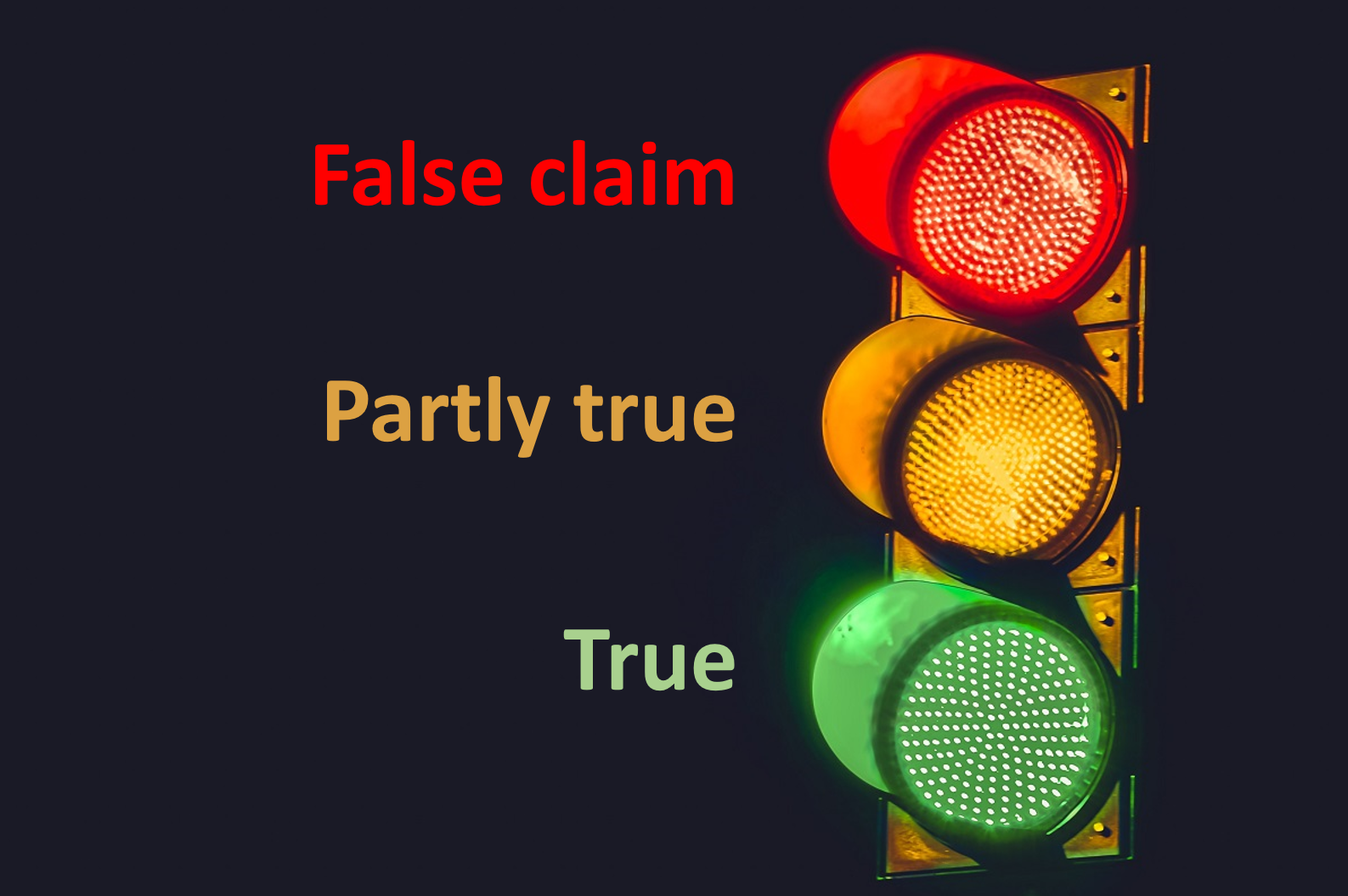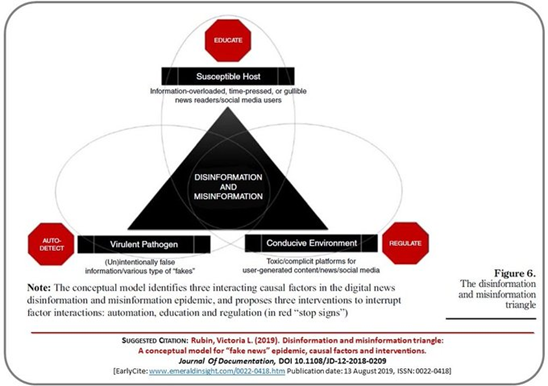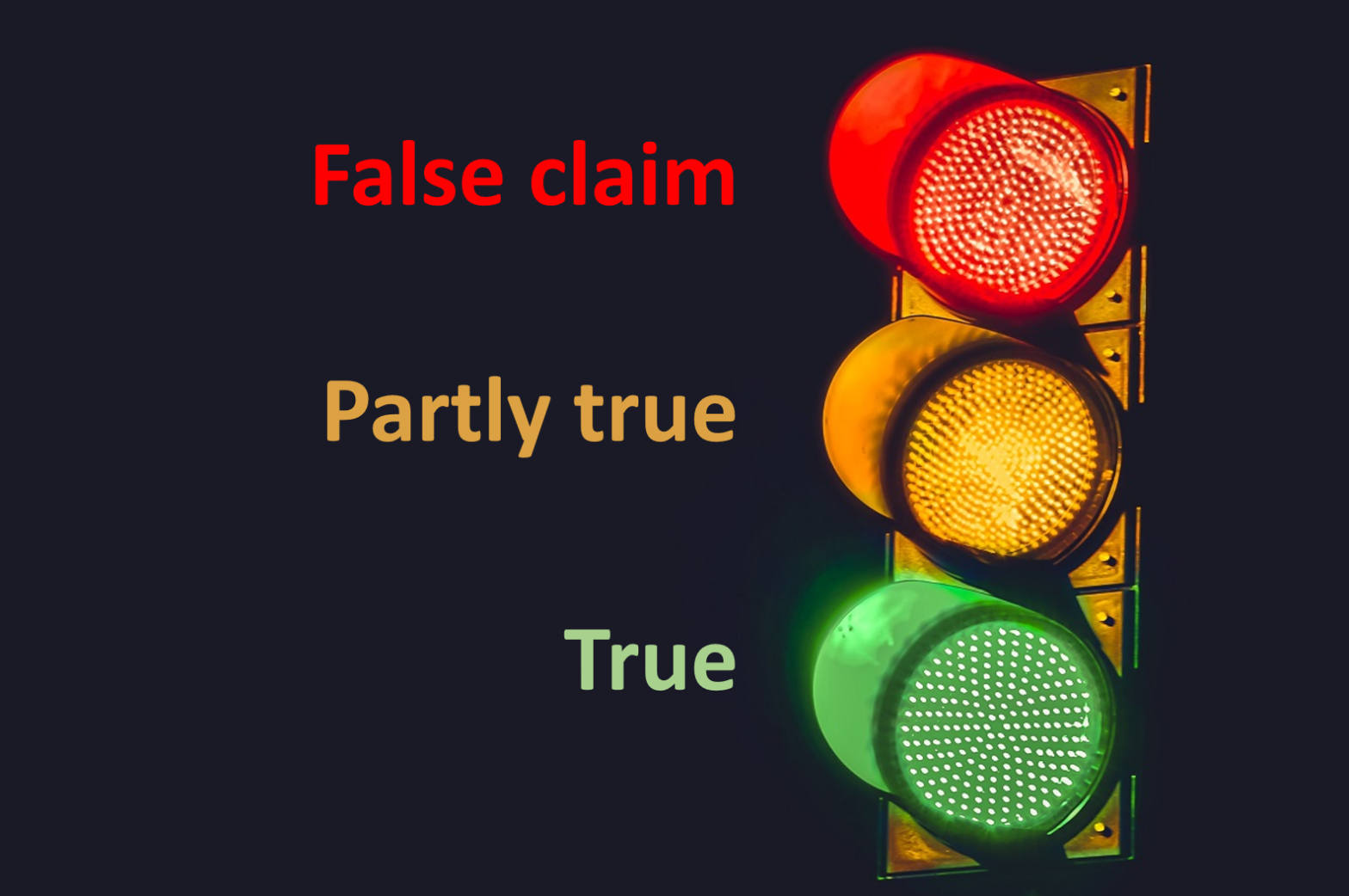What are we working on now? What’s the next step?
 With the support and encouragement from the FIMS Dean’s Office, our LiT.RL team has recently entered an AI competition to automate the fact-checking process by flagging whether a claim is true, false, or partly true. The Schulich’s Leaders Prize, “Fact or Fake News?” is run Canada-wide and aims to address the issue of misinformation and deception in online news. The task itself is a necessary step, given the sheer volume of the data online,toxicity of persistent misinformation and disinformation attempts, and a general lack of platform regulation, at least at the moment. I discuss it in depth in the academic settings.
With the support and encouragement from the FIMS Dean’s Office, our LiT.RL team has recently entered an AI competition to automate the fact-checking process by flagging whether a claim is true, false, or partly true. The Schulich’s Leaders Prize, “Fact or Fake News?” is run Canada-wide and aims to address the issue of misinformation and deception in online news. The task itself is a necessary step, given the sheer volume of the data online,toxicity of persistent misinformation and disinformation attempts, and a general lack of platform regulation, at least at the moment. I discuss it in depth in the academic settings.
In our recent past, the team developed a proof-of-concept suite of software tools, the News Verification Browser that automatically identifies a general sense of deceptiveness in the news. We targeted 3 types of “fakes” specifically with three detectors: clickbait, satirical fakes, and falsehood detectors. We made our research widely available in research and development literature and our source code is available in an open source repository, GitHub, for free to the general public (download, install, play with) and R&D community improve on.
 We are now off to the next finish line. Our next step is to develop a more refined system that can operate on a level of individual claims such as “Obama is Muslim” = [FALSE] or “Justin Trudeau has served as the Prime Minister of Canada since 2015″ = [TRUE].
We are now off to the next finish line. Our next step is to develop a more refined system that can operate on a level of individual claims such as “Obama is Muslim” = [FALSE] or “Justin Trudeau has served as the Prime Minister of Canada since 2015″ = [TRUE].

This is an incredibly challenging and sophisticated task but, I believe, that even an attempt to solve Phase 1 task by our academic team is valuable in many ways:
- Our participation in the DataCup extends our previous research agenda from the general sense of deceptiveness to mimicking a very complex human task of fact-checking on a claim-by-claim basis.

- We reinforce a socially-aware three-pronged solution to “the fake news epidemic” (to Automate, Educate, Regulate, as I recently described in the Journal of Documentation). Automation is key to the volume of misinformation to be handled but looking at AI solutions teaches us humanity. We are constantly learning new ways to inform media literacy efforts in Canadian education.
- The attempts of all teams in this Competition will lay ground for other researchers to proceed with their R&D. The findings are planned to be made publicly available via open source repositories and disseminated in scientific journals, conferences, and public media outlets. We will be happy to spread the word, once the intense Phase 1 deadline is met on November 18th.
- Needless to say, as the team leader, I am proud to create more training opportunities for my already very capable Doctoral students at FIMS, Western.
We are excited about the opportunity to give it a try!
